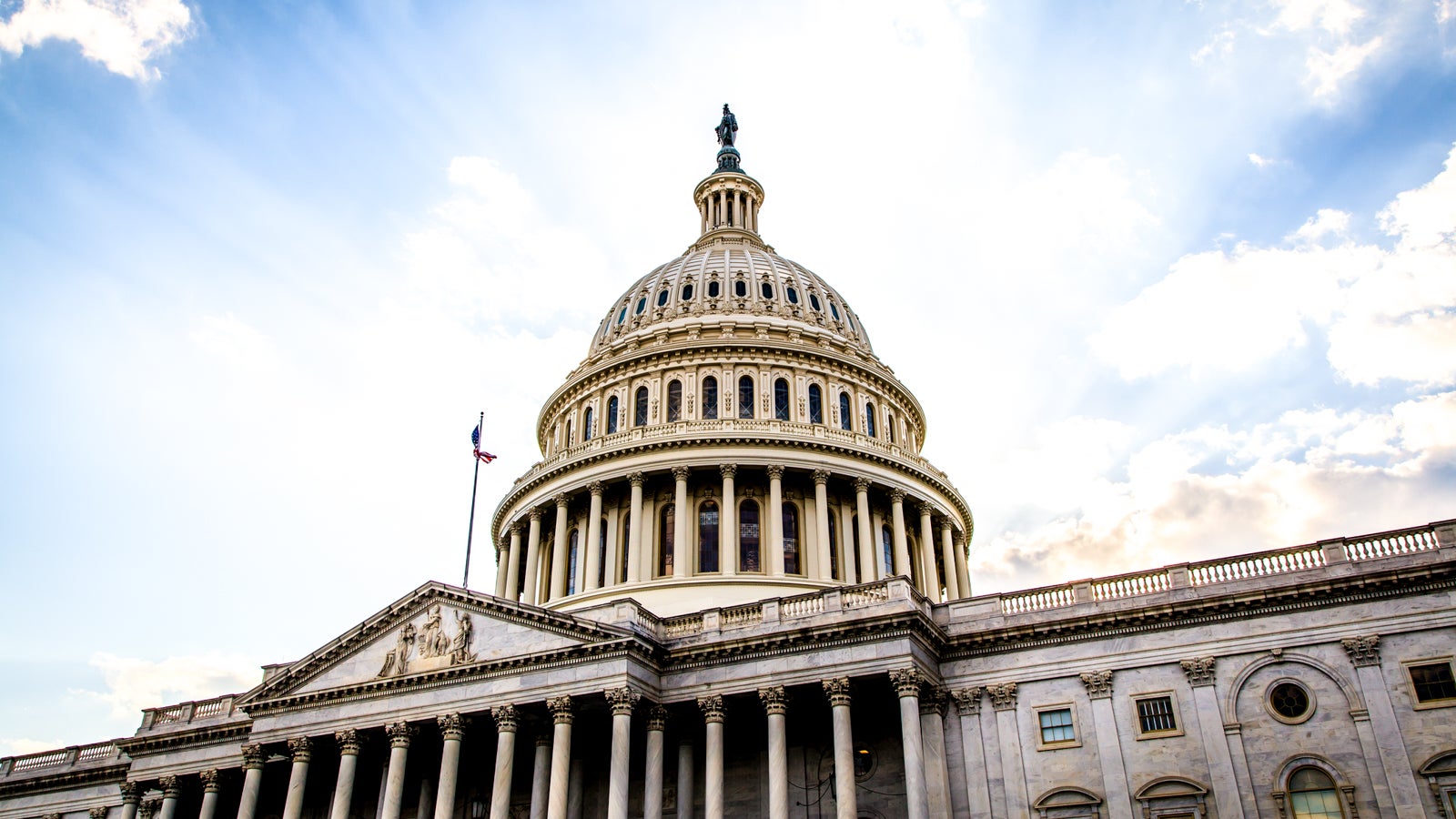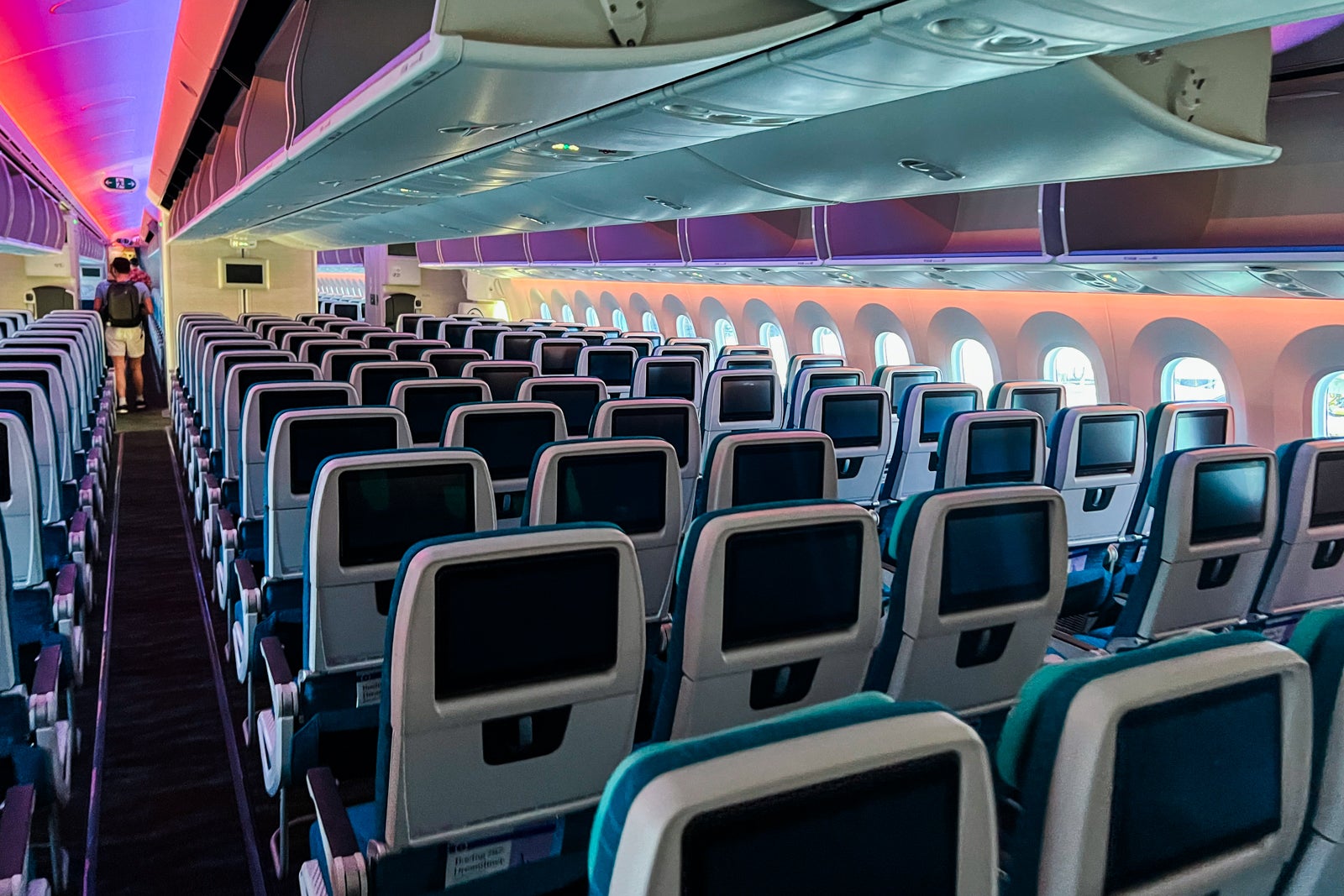A U.S. senate committee passed a bill targeting hotel junk fees
On Wednesday, the U.S. Senate Committee on Commerce, Science and Transportation voted to pass a bill that, if it receives a majority vote in the Senate, would prohibit hotel and vacation rental companies from advertising unfair and deceptive pricing — aka booking “junk fees.”
The bipartisan bill known as the Hotel Fees Transparency Act of 2023 was introduced by Sen. Amy Klobuchar and Sen. Jerry Moran last July and, once passed, would set a national mandatory standard for clear, transparent fee pricing across the industry. It now awaits a vote by the full Senate.
In the hotel and rental industry, surprise additions to a final bill are often labeled as “destination,” “resort” or “urban” fees. These hidden charges are often added to your bill during checkout without being clearly stated earlier in the booking process; they also often come with their own taxes and fees. So, once consumers are ready to pay, the final price for a hotel or rental stay can be significantly higher than what they anticipated or what was initially advertised.
Prices are also displayed differently depending on whether the hotel you’re interested in is based in the U.S. or abroad. For domestic properties, Hilton, Hyatt and Marriott all advertise prices that include resort fees (excluding tax). For hotels outside of the U.S., however, the displayed price is often nowhere near the final fee.
For example, if you wanted to book the Hilton New York Times Square online, the rate appears to be $267 per night for Hilton Honors members — at first glance. However, once you reach the final booking page, after adding taxes and a mandatory destination fee, the total is $310.35. Even with some mandatory charges included in the displayed price, it’s still over $40 more expensive than the booking site first indicated once taxes are added.
The disparity can be even more extreme when you look at hotels outside the U.S. For example, The St. Regis Maldives Vommuli Resort initially shows a nightly rate of $1,781 on Marriott’s website. The final booking price (after taxes and other fees are added) increases to a whopping $3,148.56 per night thanks to additional expenses for airport transfers, government taxes and fees and a vague “service charge.”
Similarly, the U.S. House of Representatives passed the No Hidden FEES Act in June. Ideally, both pieces of legislation would work in tandem to establish better pricing practices across the industry.
“Today’s committee vote in the Senate is an important step toward a more transparent booking process for guests and a level playing field across the lodging industry — including short-term rentals, online travel agencies, metasearch sites, and hotels,” said Kevin Carey, Interim President of the American Hotel and Lodging Association, in a statement.
Both bills are part of a larger push sparked by the Biden administration to crack down on corporate junk fee charges that unfairly raise prices for consumers.

Daily Newsletter
Reward your inbox with the TPG Daily newsletter
Join over 700,000 readers for breaking news, in-depth guides and exclusive deals from TPG’s experts
“We’re not going to stop until every junk fee we know about is either repealed or at least elevated into the light,” said Jared Bernstein, the chair of the United States Council of Economic Advisers, in a May interview with TPG managing editor Clint Henderson.
And some states, such as California, are crusading against junk fees on their own. As of July 1, California hotels must now “clearly and conspicuously” disclose any surprise fees — including resort and cleaning fees — from the get-go. The legislation also applies to Airbnb bookings.
The hotel and vacation rental industries aren’t the only ones under the microscope. In March, federal regulators finalized a new rule to cap credit card late fees at $8. Commercial airlines are also being pressured to be more transparent about fares and eradicate junk fees.
Earlier this week, for example, Biden announced a proposal to ban airlines from charging parents extra to sit next to their children on flights.
But it’s not all good news. Airline junk fee regulations faced setbacks this week after the 5th U.S. Circuit Court of Appeals temporarily halted a U.S. Department of Transport rule that called for airlines to clearly disclose any add-on charges.
The regulation, set to take effect in late April 2025, faced considerable backlash from U.S. airlines and lobbying groups, including Airlines for America and the International Air Transport Association.
The panel of judges temporarily halted its enforcement, stating that the rule “likely exceeds DOT’s authority and will irreparably harm airlines.” Currently, airlines do not need to change current price displays, fees or fares until the case is resolved.
Bottom line
Though junk fee regulations in the airline industry faced a setback this week, hotel guests are one step closer to getting much-needed transparency regarding hidden booking costs. If the Hotel Fees Transparency Act of 2023 passes a full Senate vote, hotels and vacation rental companies will be required to disclose the true cost of a stay upfront — a win for consumers.
Related reading:







